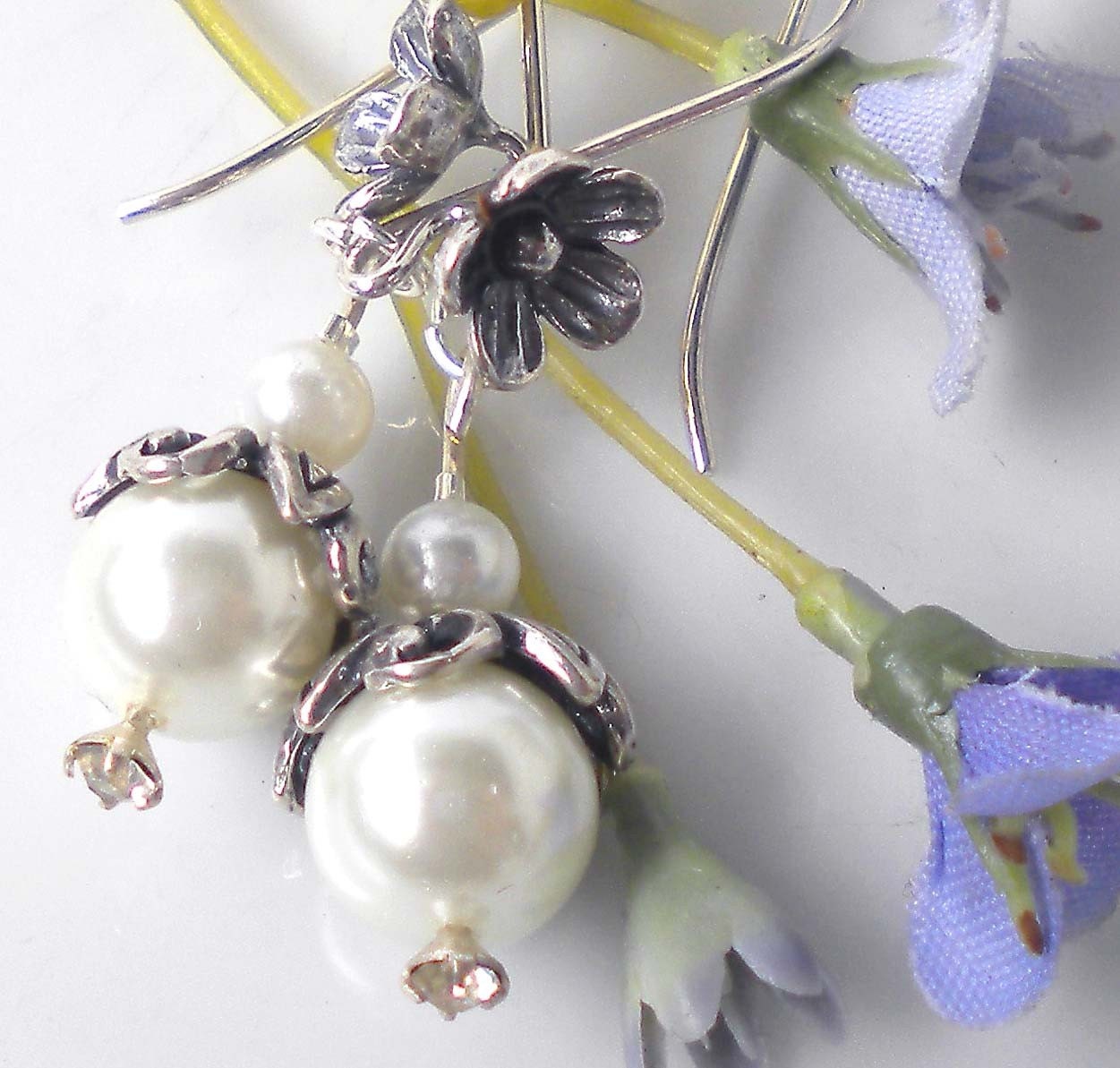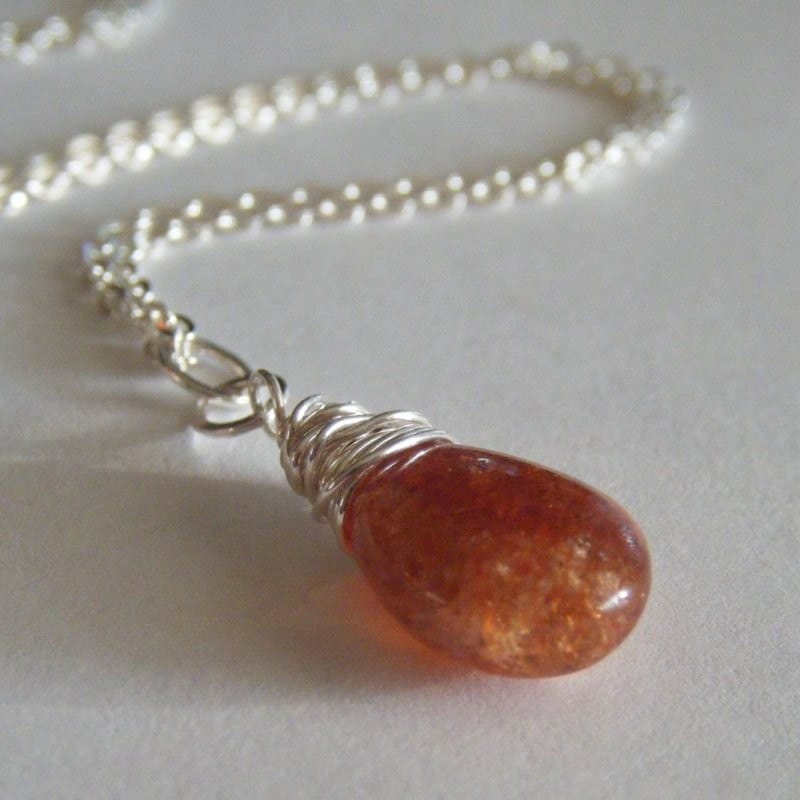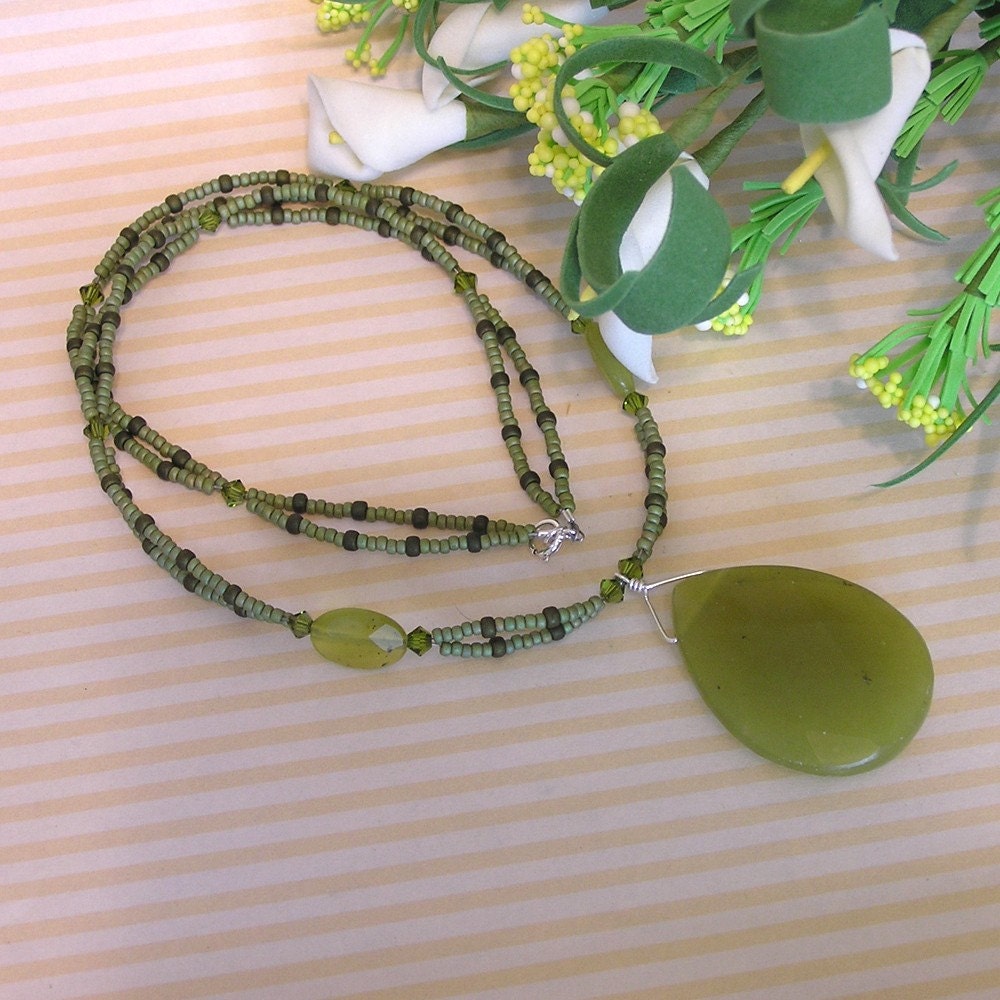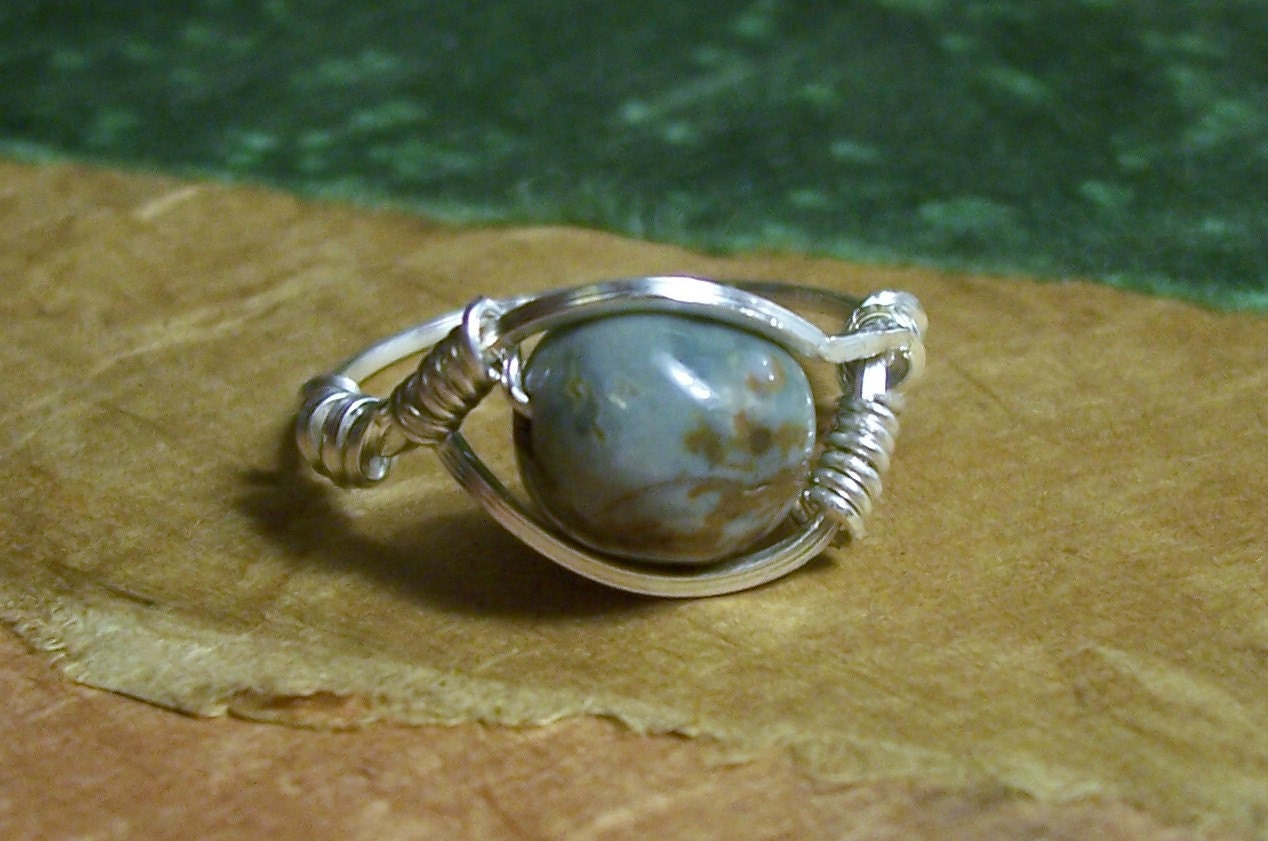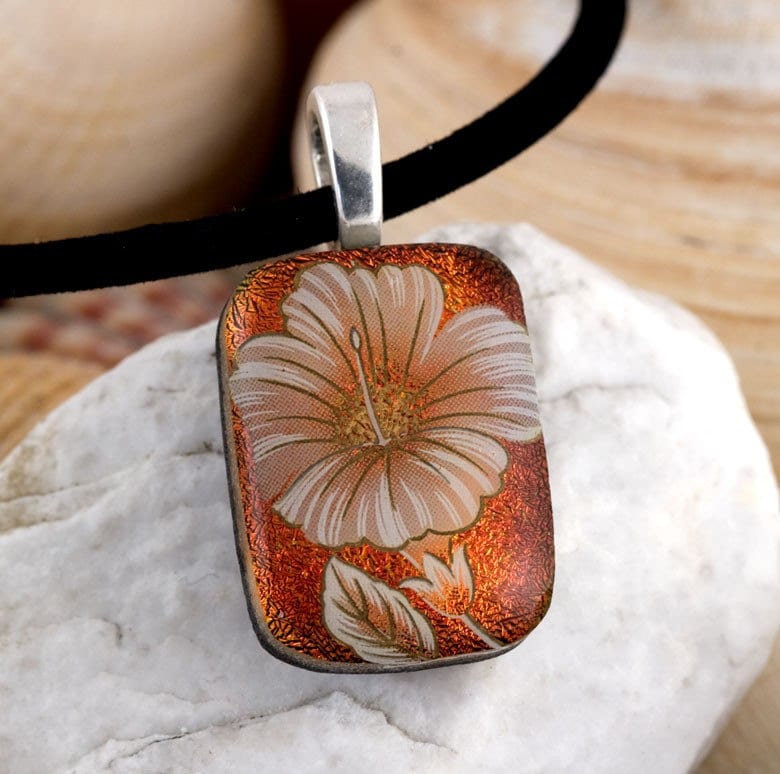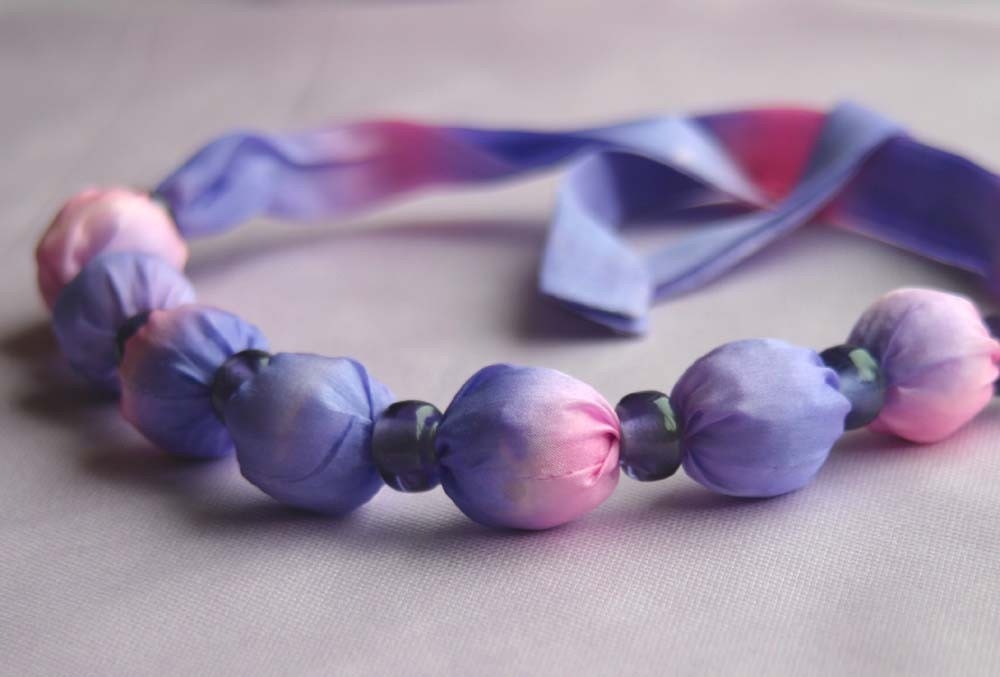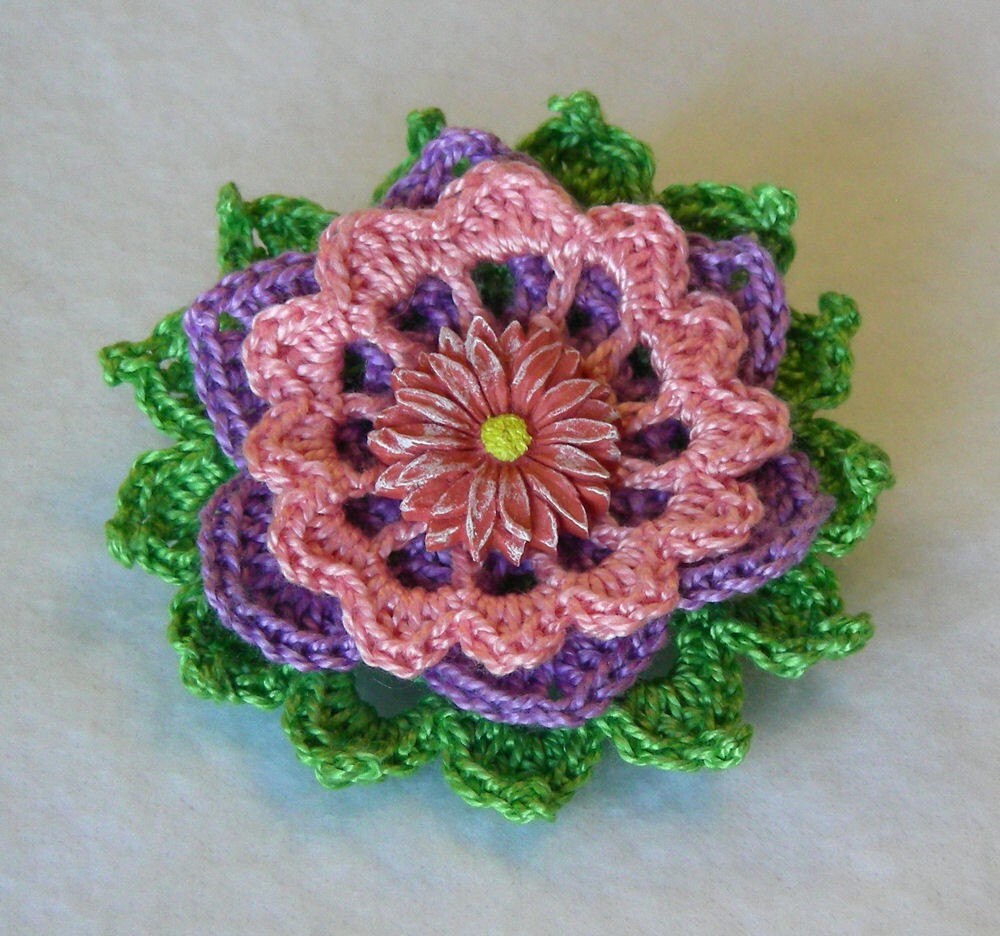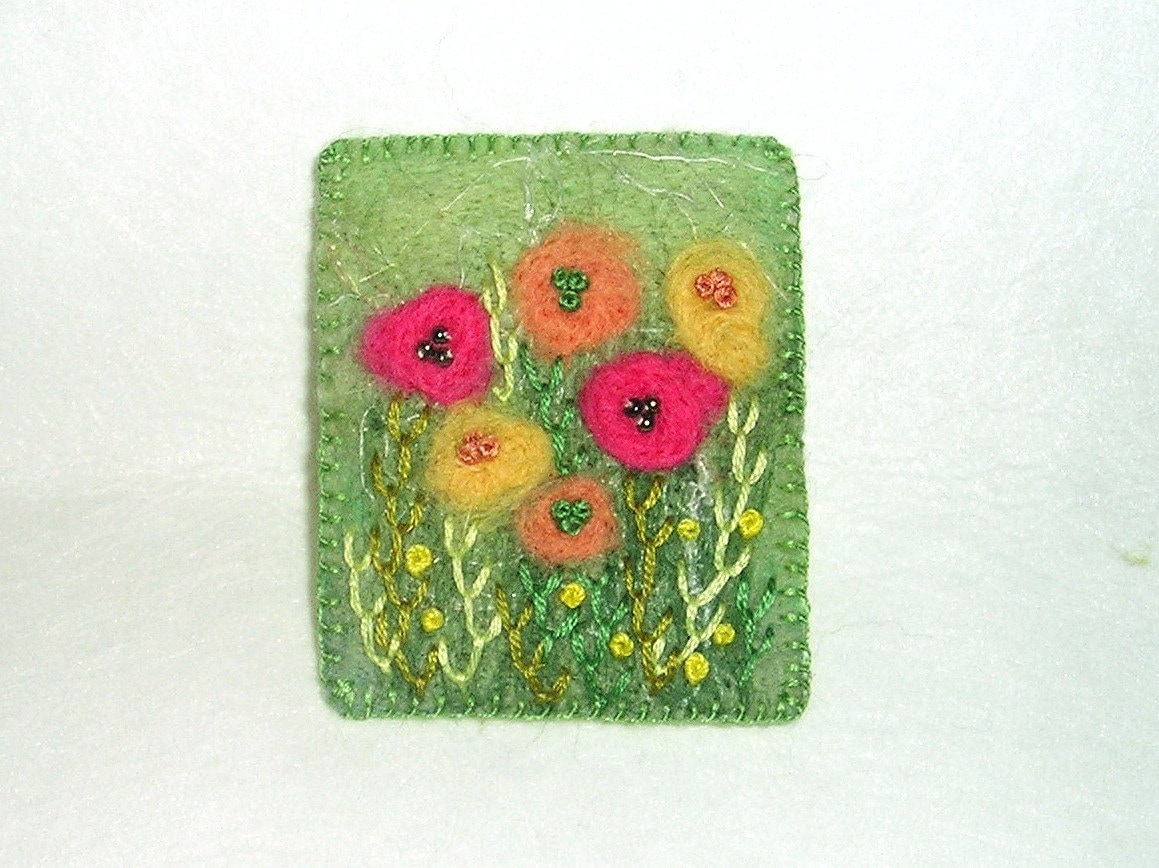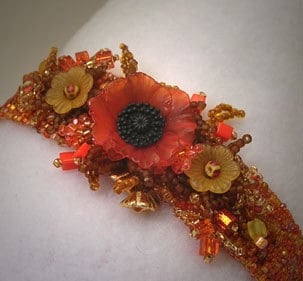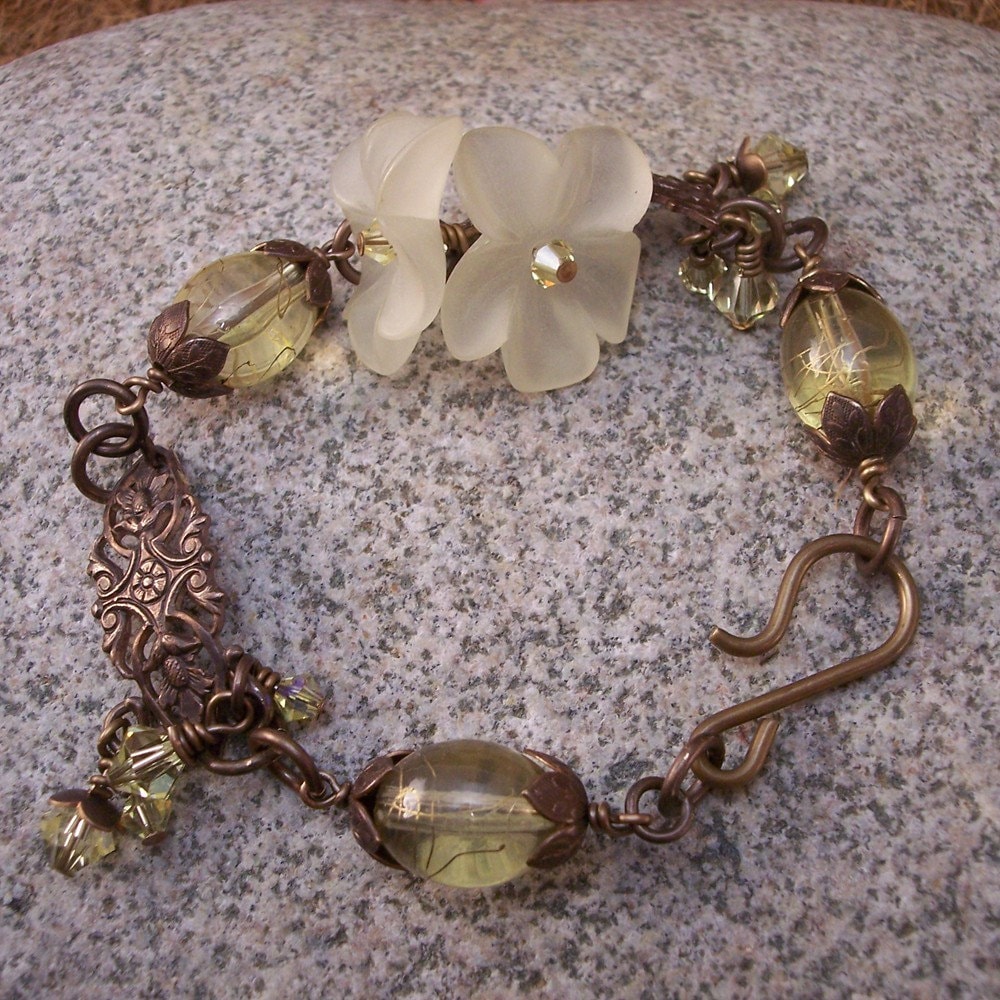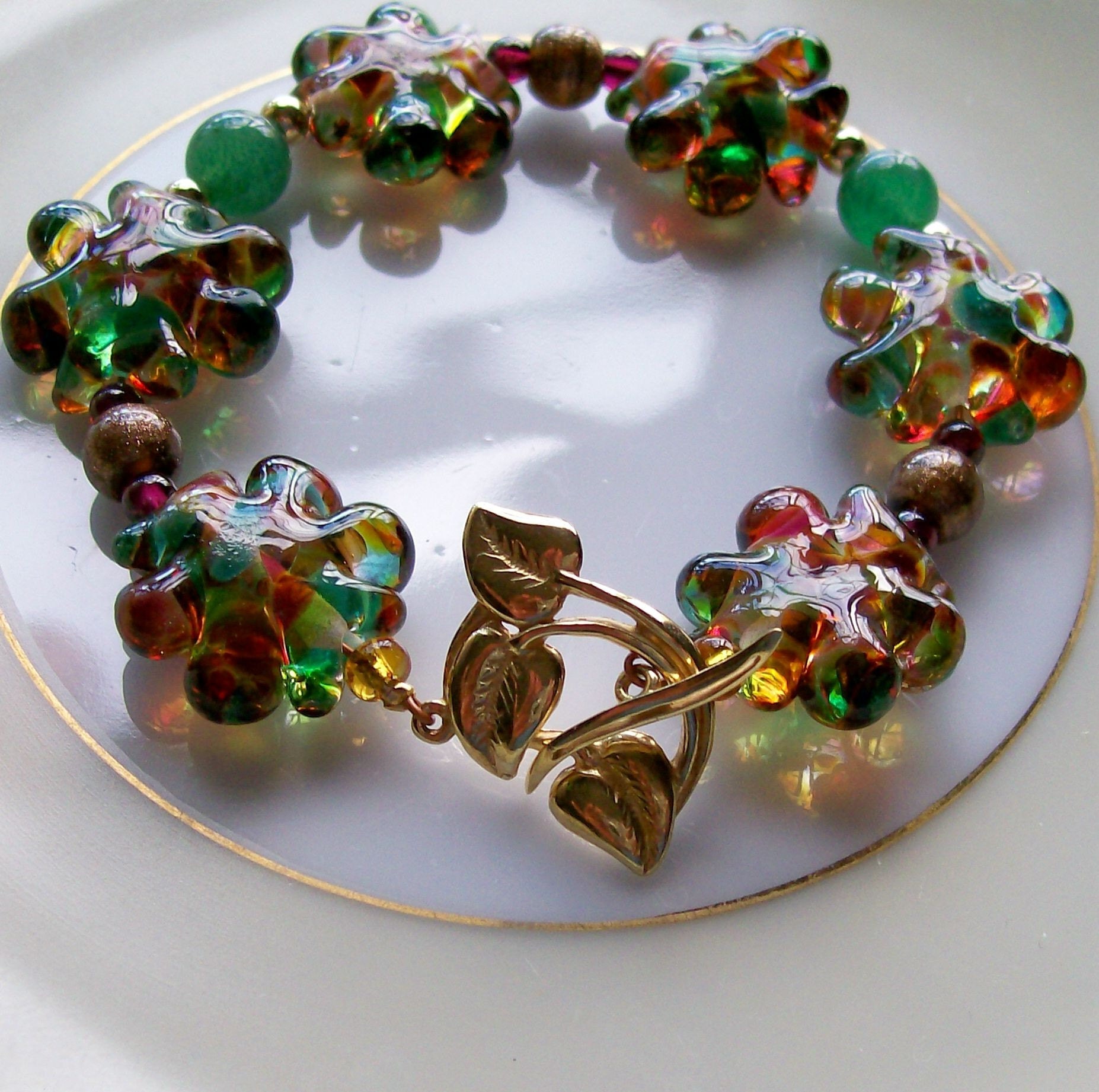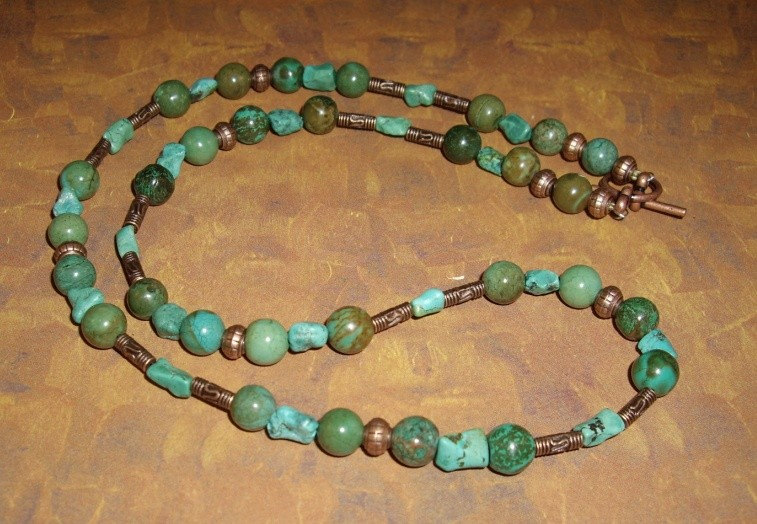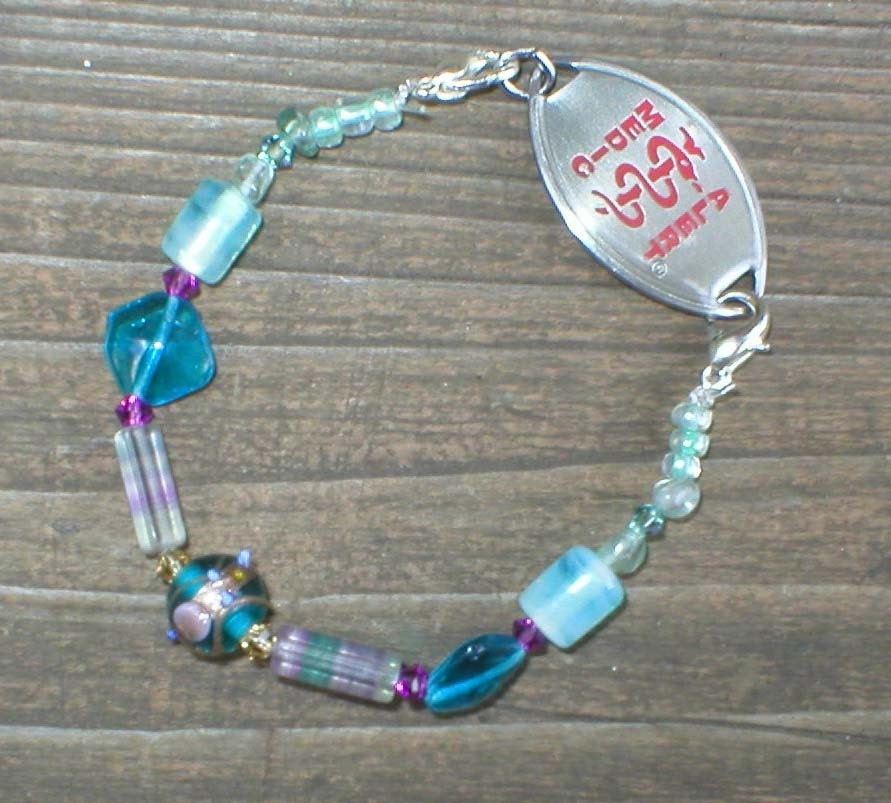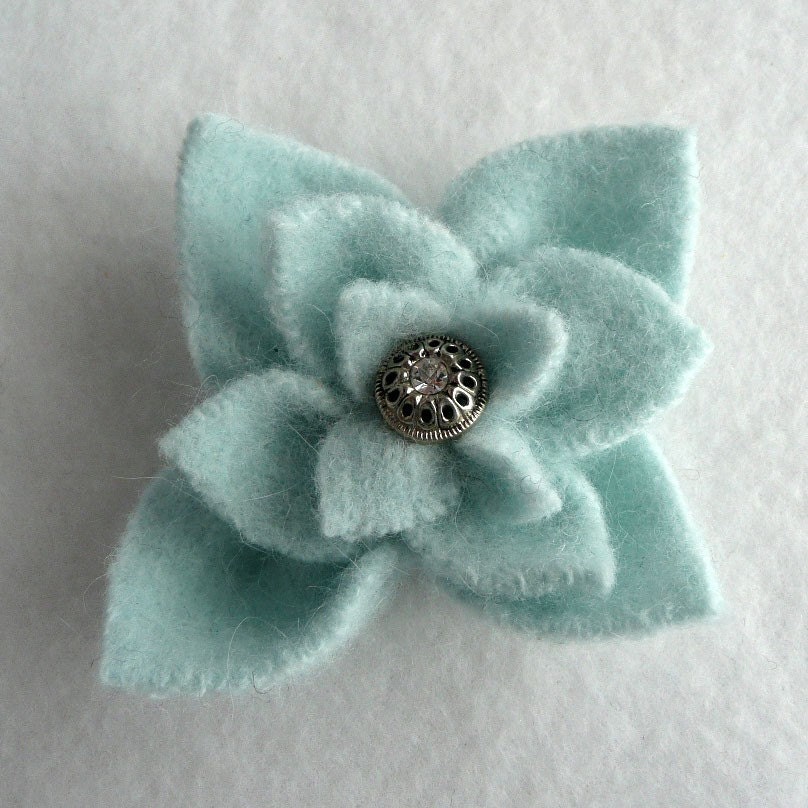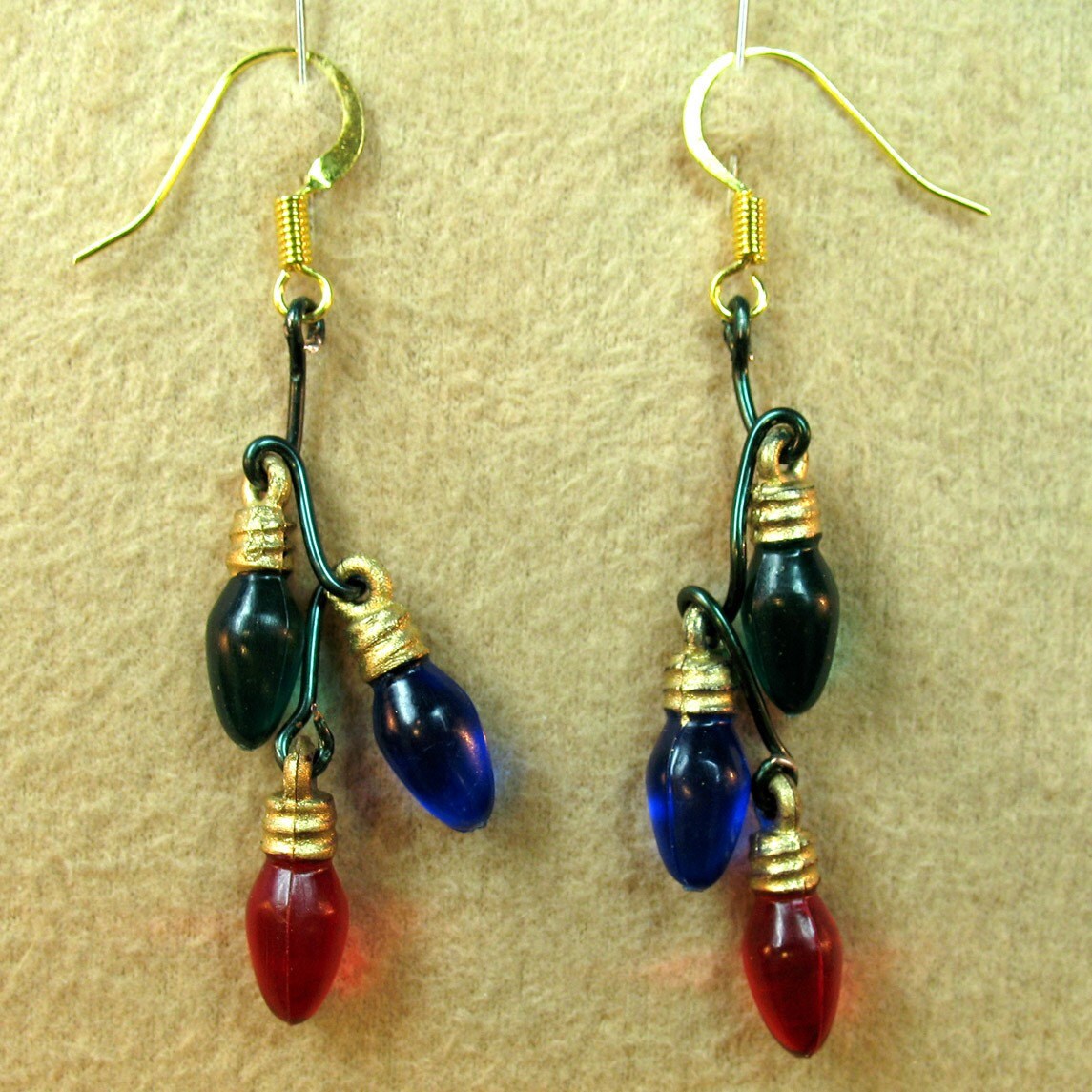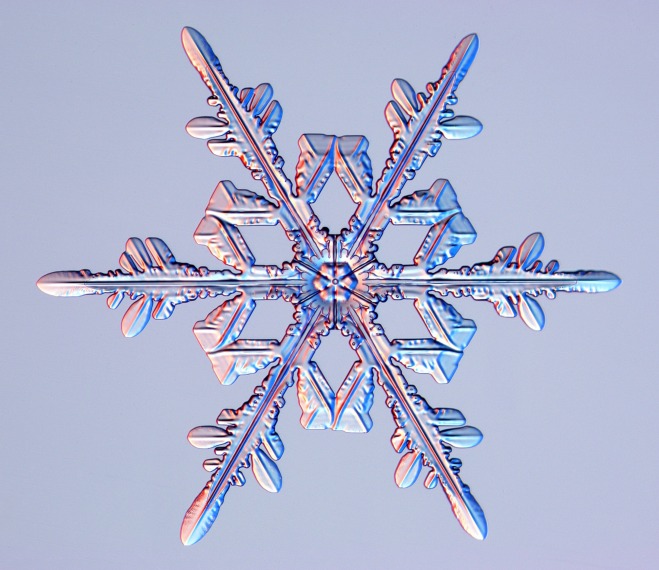With the holidays coming up fast, you may be thinking of giving jewelry as a gift. Or perhaps you are in need of a special accessory to complete an outfit for a festive occasion. What should you choose? With the staggering number of items available in the jewelry category at Etsy, any shopper can feel overwhelmed and unsure of where to begin a search. Once past the initial choices of which color, bracelet or necklace, pierced or clip earrings, you will be faced with evaluating methods of construction, types of materials, and stylistic differences. It may be hard to decipher the terms used to describe each piece of jewelry while comparing listings.
The work of BBEST jewelry artisans covers a broad spectrum of color and design options, and offers a good overview of jewelry-making techniques. To assist you in finding just the right jewelry for your gift-giving and holiday wear needs, let's take a look at some jewelry basics.
The most obvious initial decision to make is what type of accessory to pick: earrings, necklace, bracelet, brooch, anklet, pendant or ring. Earrings come in pierced or clip styles; if choosing earrings for someone else, make sure you know what type of earrings your gift recipient can wear. Pierced earrings can be made using a variety of earwire styles:
Anything but a stud will dangle somewhat below the ear.
Earwires can be made of sterling silver, copper, brass, surgical steel, niobium, gold, gold-filled, rhodium, steel, titanium, and plated metals. It is possible for someone to be allergic to any of these materials, and many people are sensitive to the nickel content in metal alloys used for jewelry. Consider whether or not your giftee has special requirements in terms of earwire material. To be safe, choose items stated to be nickel-free, or select an earwire made of a generally-accepted hypoallergenic metal, like niobium, titanium, or surgical steel. Although some people are sensitive to sterling silver, it is still wearable by a large number of people, so it might be the next best option when the recipient's metal sensitivity is unknown.
Necklaces comes in a wide variety of lengths and closure styles. The most popular lengths are 16", 18", and 20-24". The 16" length will generally sit closer to the neck unless the wearer is short or petite. An 18" length is considered average and great for pendants. Longer lengths will generally sit over rather than within the neckline of a shirt. Most jewelry makers will offer length adjustments when the necklace design allows, especially when chain is involved. Some necklaces come with extender chains for versatility.
Materials and methods for necklace construction include:
Bracelets and necklaces share a lot of common characteristics: they can be made of chain, multi-stranded jewelry wire, hand-shaped or wrapped wire, beadwoven, and knotted cords, but they can also be solid bangles made of metal, plastic or wood, or beads strung on a coil of memory wire which does not require a clasp. Bracelets can also be made of fabric, often in a cuff style, and embellished with beads, buttons, small bits of quilted fabrics and lace. Charm bracelets and necklaces have become very popular, and they consist of one or more new or vintage charms suspended from a chain, sometimes combined with beads, or themed (eg: nature, travel, hobbies) in nature.
As with necklaces, lengths for bracelets vary and can range from 5 1/2" to 8". Many jewelry artisans can adjust a bracelet to meet your needs; some bracelets come with extender chains. When deciding on a bracelet length, the best way to determine size is to measure the wrist and add 1/4" to 1/2" for comfort (except for cuffs which fit more closely to the wrist). Make sure to read the item description carefully to determine if the bracelet measurement listed is the actual length or the size of the wrist it will fit. A 7" long bracelet made with tiny 4mm crystals will fit a larger wrist than a 7" bracelet made with 10mm pearls because the width of the larger beads will take up more space than the small ones will.
Both necklaces and bracelets utilize closures which affect not only the design, but the ease with which the wearer can put on and remove the jewelry. Closure types include ring clasps (round with a spring), lobster clasps (elongated and hinged like lobster claws), toggles (one T-shaped end slides into a closed circular end), hook and eye, magnetic, barrel (screws closed), and box clasps (v-shaped piece of metal slides into a square slot and pops open to lock in place).
Let's not leave out rings and brooches! There are three general categories of rings represented by BBEST: wire-wrapped, gems or stones in pronged or bezel settings, and premade bands which have been embellished with cabochons. Cabochons are solid stone, glass, metal or decorative elements which are convex on the top and flat on the bottom. Cabochons are often attached to the flat area on the band using a jewelry adhesive. Brooches can also use cabochons in their designs; any flat-backed element can be adhered or wired to a pin back to create a unique piece.
Once you have decided what type of jewelry you want to give, you'll need to find a style that appeals to you, or that you think will appeal to your gift recipient. Jewelry designs can be created from an almost endless variety of materials such as shaped and wrapped wire, charms, gemstones, glass beads, crystals, seed (tiny) beads, metal beads, lucite or plastic beads, filigree connectors, precious metal clay, wood beads, freshwater pearls, glass or crystal pearls, polymer clay, ceramic beads or pendants, fused glass, lampwork and borosilicate glass, recycled materials, vintage elements, fabric, fiber and felt. Styles can range from classic and traditional, modern, simple, bold, funky, natural, Victorian, vintage, steampunk, whimsical or fantasy, themed, chainmaille, and bridal and special occasion.
let's look at more BBEST jewelry offerings.


